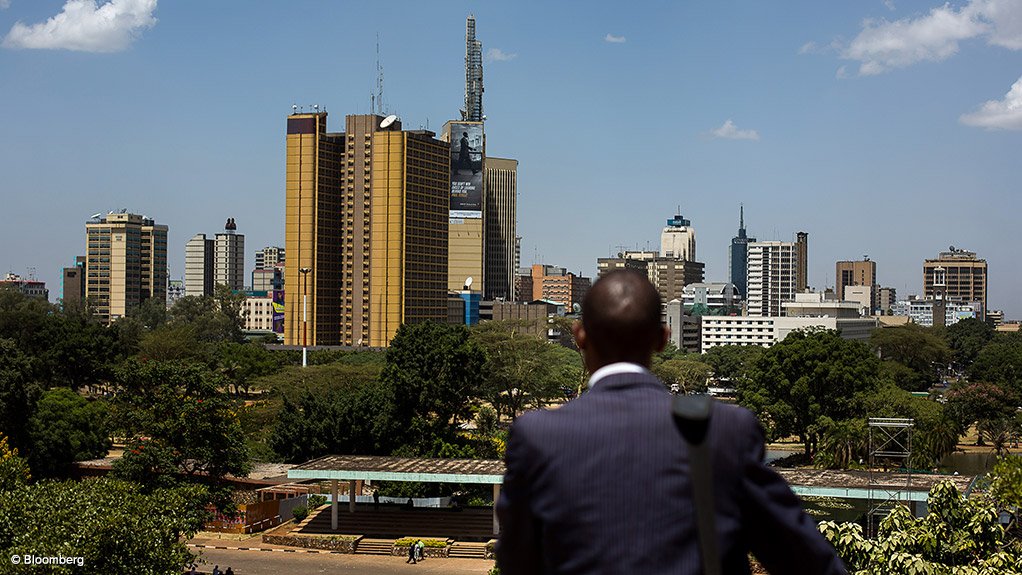Foreign investors were increasingly recognising the untapped potential of sub-Saharan Africa, with Africa expected to have the biggest labour force and faster economic growth than any other region by 2040, PwC’s latest ‘Global Economy Watch’ report has shown.
The report stated that while most major corporations were already active in at least one of the three largest cities in sub-Saharan Africa namely, Lagos, in Nigeria, Kinshasa, in the Democratic Republic of Congo, and Johannesburg, in South Africa, the “Next 10” biggest cities in sub-Saharan Africa was where real future opportunity could be found.
PwC noted that the population of these cities, which comprised Dar es Salaam, in Tanzania, Luanda, in Angola, Khartoum, in Sudan, Abidjan, in Côte d'Ivoire, Nairobi, in Kenya, Kano and Ibadan, in Nigeria, Dakar, in Senegal, Ougadougou, in Burkina Faso, and Addis Ababa, in Ethiopia, was forecast to almost double by 2030, growing by around 34-million people.
“The report [also] projects that economic activity in the ‘Next 10’ cities could grow by around $140-billion by 2030. This is roughly equivalent to the current annual output of Hungary,” PwC south market region strategy leader Stanley Subramoney said.
“In addition to the trends [regarding] high rates of gross domestic product growth, rapid urbanisation and the so-called demographic edge that sub-Saharan Africa possesses, a number of other economic phenomena in the region are [also] starting to appeal to the global investment community,” economic adviser to PwC Dr Roelof Botha added.
These included significant new discoveries of mining and energy resources and substantial investment in infrastructure and capital formation by the private sector.
Sub-Saharan Africa was also experiencing sustained growth in per capita incomes, which had led to demand shifts that were benefitting household consumption expenditure on durables, semi-durables and services.
Another factor to be taken into account was the ability of a growing number of countries to raise financing for infrastructure projects on the international capital market, in particular Kenya and Rwanda, both of which had recently managed to sell government bonds globally at single-digit yields.
“As a result, a return was made last year to sound growth in foreign-direct-investment inflows into a number of key African economies,” Botha pointed out.
However, PwC also noted that there were three challenges that could potentially slow the pace at which the ‘Next 10’ biggest cities in sub-Saharan Africa grew.
These issues included the low quality of hard infrastructure, such as roads and railways, inadequate soft infrastructure, such as schools and universities, and growing pains arising from political, legal and regulatory institutions struggling to deal with a bigger and more complicated economy.
“The challenges that policymakers face is to convert Africa’s demographic dividend into economic reality by overcoming these hurdles. History suggests this will not be a quick or easy process. Infrastructure development is a key driver for progress across Africa and a critical enabler for sustainable and socially inclusive growth.
“However, investors should form their own plans to mitigate these problems by supporting infrastructure skills and development programmes,” Subramoney concluded.
EMAIL THIS ARTICLE SAVE THIS ARTICLE
To subscribe email subscriptions@creamermedia.co.za or click here
To advertise email advertising@creamermedia.co.za or click here











